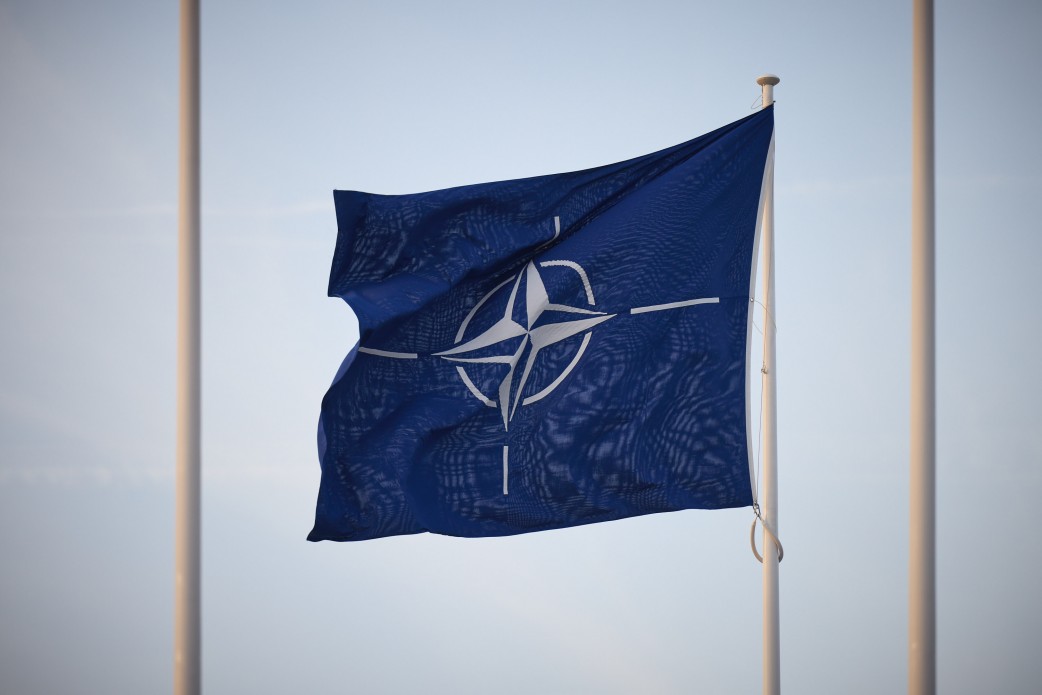Russia is scaling up its hybrid warfare in Eastern Europe, combining cyberattacks, disinformation, espionage, and political influence. These actions represent a serious and growing threat not only to European countries but also to the United States. This is evidenced by materials collected by WTOP national correspondent JJ Green, who travels across Europe studying the scope and forms of Russian subversive activities, as reported by WTOP.
The mechanism of Moscow's hybrid strategy is designed to destabilize the region without the use of open military force. It is a multilayered campaign aimed at undermining the unity of NATO and the European Union, dismantling Western security systems, and weakening democratic institutions.
Moscow actively uses cyberattacks, disinformation campaigns, spy networks, and support for pro-Russian politicians within the EU countries themselves.
Russia is particularly active in Eastern Europe, including countries that directly border it or provide military and political support to Ukraine.
For example, in Poland, a surge of cyberattacks on critical infrastructure was recorded ahead of key elections. The attacks targeted water supply, government platforms, and energy systems. Their goal was to sow chaos, undermine citizens' trust in the government, and complicate democratic processes.
The Kremlin is equally active in the information sphere. Through state-run media, social networks, and anonymous channels, Russia spreads disinformation that supports far-right forces and anti-European movements. These efforts aim to divide societies, undermine the legitimacy of democratic institutions, and shift public opinion in favor of Russia and against NATO, the EU, and Ukraine. Countries with weakened media environments or unstable political situations are especially vulnerable to these methods.
Additionally, Russian intelligence services have set up an extensive spy network in Eastern Europe. They recruit political insiders, gather information on military sites, and manipulate domestic politics. To cover their agents, Moscow often uses diplomatic missions. Such cases have been identified from Bulgaria to the Baltic states, usually escalating around elections or significant internal political changes.
A particular concern is Hungary's position, which, despite being an EU member, shows loyalty to the Kremlin. Under Prime Minister Viktor Orban's leadership, the country consistently opposes sanctions against Russia and maintains close energy ties with Moscow. The recent uncovering of a Hungarian spy network in Transcarpathia, according to Ukrainian intelligence, became further proof of Russian interests infiltrating through friendly channels. Ukrainian authorities reported that the network was controlled by a Hungarian military intelligence officer.
It is noted that the entire strategy of Russia's hybrid war is designed to avoid direct military confrontation, remaining below the threshold of open conflict. This makes it particularly dangerous, as it complicates traditional forms of response. The combination of sabotage, espionage, and political interference creates a threat to the stability of the entire region and undermines trust between NATO and EU allies.





















